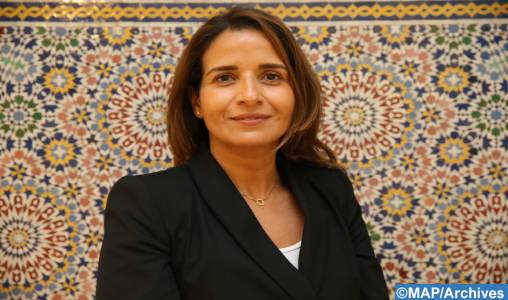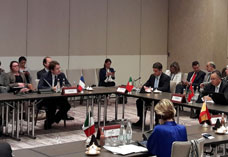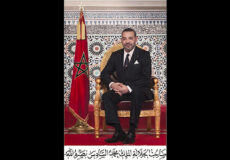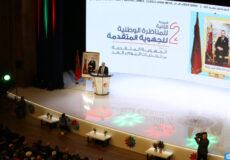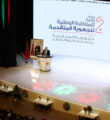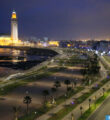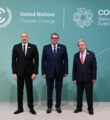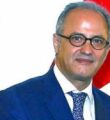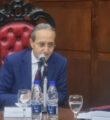Renewable Energies: Morocco Seeks to Exceed 52% its Electrical Energy Mix by 2030 (Minister)
Rabat – The objectives set out in terms of renewable energies have been revised upwards to exceed the current target of 52% of the national electrical mix by 2030, said Tuesday in Rabat, the Minister of Energy Transition and Sustainable Development, Leila Benali.
To date, 61 projects are under development or being carried out with a total capacity of nearly 4.6 gigawatts and an investment of nearly 53 billion Dirhams (MAD), said Benali at the House of Advisors (upper house).
These projects remain insufficient, she noted, adding that several initiatives and new programs to support investment in renewable energy have been set up, including a program with a total capacity of 400 megawatts for the implementation of photovoltaic solar energy projects in order to support SMEs and create jobs and another one for the supply of the seawater desalination station through the use of renewable energies.
In this regard, Ms. Benali noted that the first project in this area is being developed in the Dakhla region.
The official also mentioned the program of development of the supply of industrial zones by clean electrical energy, adding that the industrial zone of Kenitra will, in a first stage, be supplied by an energy of nearly 160 gigawatt/hour, while the priority industrial zones will be supplied with nearly 800 gigawatt/hour.
The Minister also stressed that Morocco seeks to achieve the objectives of the energy transition strategy, based on three pillars: the development of a new policy and the adoption of a sustainable approach in all sectors in accordance with international commitments in order to achieve the development indicators provided for by the New Development Model, in addition to the strengthening of regional cooperation which is intended to be a pillar for the achievement of energy security as well as legislative, regulatory and institutional support to promote national and foreign investments.
In this regard, she highlighted the place of the electricity production and transmission sector in general in the use of the land base through leasing and transfer, noting that the phases of mobilization of State domains through the separation of the forest environment and private State property have an impact on their availability within the time limits set out and at reasonable costs, as two thirds of the period necessary for a mobilization property concerns the related administrative and legal procedures.
To achieve the objectives set out, the ministry proposes a special procedure for expropriation for public utility and the establishment of appropriate mechanisms and measures for the simplification of procedures with regard to expropriation or temporary occupation of land in the forest domain, she noted.
The previous period was marked by numerous challenges, including the Kingdom’s renewal of its international commitments at COP26 in Glasgow, particularly in terms of adapting the national electricity system, gradually reducing the use of coal, in addition to the shutdown of the Maghreb-Europe gas pipeline which offered an opportunity for the adoption of this new policy, the minister recalled.
Cross-cutting projects have also been launched, including the evaluation of the national sustainable development strategy, in addition to the reform of public establishments in the sector and the continuation of the process of implementing advanced regionalization, through support provided to local authorities, particularly in the fields of waste management and the distribution of electricity and water.
Regarding legislative, organizational and institutional reforms in the area of energy transition, Ms. Benali said that her department is continuing its efforts to improve the legal, organizational and institutional arsenal.
The Minister also underlined that the shutdown of the Maghreb-Europe gas pipeline was an opportunity to carry out a global review of the roadmap relating to natural gas, considered an essential product for developing renewable energies, achieving the industrial development and promoting the logistics sector in Morocco.
Since last November, more than 80% of the demand for electrical energy has been covered by coal, fuel oil, diesel, and imports of electricity from neighboring countries and some photovoltaic projects, noted the minister, adding that the access to the international natural gas market will allow the acceleration of the development of renewable energies and the promotion of a low-carbon industry and logistics services.



